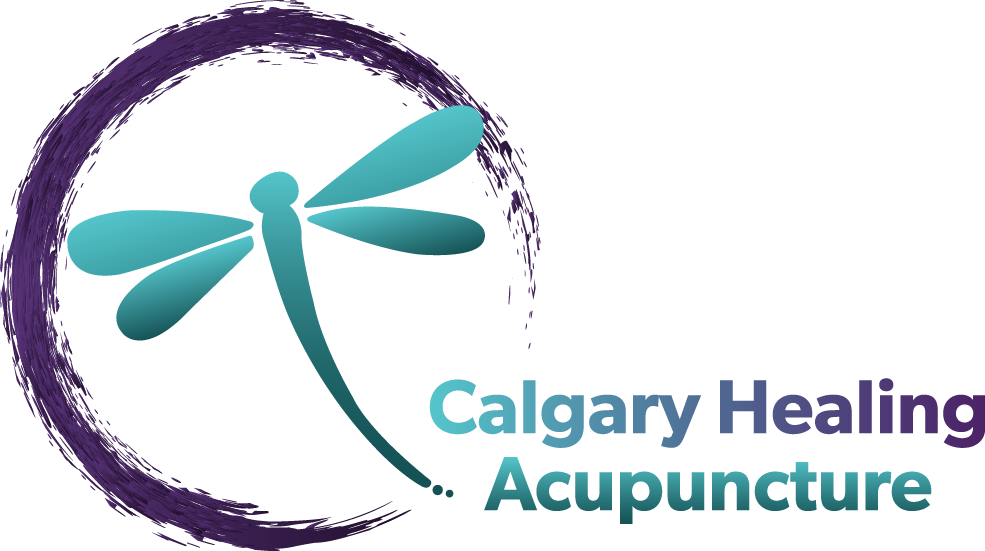Proper Digestion – Chinese Medicine tips to help heal IBS, Crohn’s and Colitis
In my Acupuncture practise in Calgary it is somewhat rare to find people who are really satisfied with how well their digestive system is working. On the extreme end of the spectrum are those (and these numbers seem to be increasing in our culture) who suffer from daily bouts of painful diarrhea, gas, burning acid reflux, constipation, and severe abdominal cramping. The good news is that Acupuncture and Chinese Herbal Medicine help in many cases to alleviate and even eliminate these symptoms.
When patients start to feel better they begin to believe that this ancient medicine just might work. That’s the easy part. The difficult part can often be to change their views on what constitutes a healthy diet. Though the Canadian view of health may often align with that of Traditional Chinese Medicine, there are some differences. Why not try some of the following tips for healthy digestion? Let me know what you think!
A) Avoid too much cold, raw, sweet, or greasy food. Chinese Medicine views our digestive system as a simmering soup pot sitting over a low flame. The food we eat is “cooked” by the soup pot into a broth from which our body extracts nutrients to make “Qi” (our vital energy)and blood. This simmering broth can be dampened and our digestive fire weakened when we eat foods that are too cold (raw salads, chilled drinks, too many raw fruits/veggies).
B) Stop eating when you are 80% full. (The Chinese say 70%, the Japanese say 80% – you choose!)
C) Eat your largest and most nutrient dense meal between 7:00 – 11:00 am. Stomach and Spleen time according to the Chinese Organ/Meridian clock. Our digestive energy is strongest at this time. Food eaten at this time is more likely to be converted to “Qi” (energy) whereas the same meal eaten after 5 pm is more likely to be turned to matter (love handles). Avoid eating after 6 or 7 pm. Your last meal should be approximately 4 hours before bedtime.
D) Meal time should be reserved exclusively for meals. No TV, studying, or reading. Before eating take 5 huge belly breaths – bringing oxygen and focus to digestion.
E) Do not eat when you are upset. Avoid heated discussions at mealtime.
G) Do not drink liquids (best to drink a glass of water half an hour before eating) during the meal. Small sips of warm water or tea are acceptable.
H) Chew your food until it is soup! Digestion begins in the mouth.
I) Do not drink chilled or icy cold drinks. Water should be room temperature.
J) If stress or unbalanced emotions play a role in your digestive issues, take steps to reduce stress by trying yoga, meditation, Qi Gong, or Tai Chi.
K) Avoid alcohol, caffeine, excess fruit juice, pop, dairy, and red meats.
L) Avoid artificial sweeteners and use natural sweeteners sparingly. Sweet foods weaken our digestion.
M) Moderate use of spices such as cinnamon, ginger, nutmeg, garlic and pepper are considered beneficial, but when eaten in excess can create too much “heat” in your intestines. You would want to avoid this when you have dry stools, inflammed intestines, or odorous and explosive stools.
N) Congee, a rice porridge commonly eaten in Asia, can be helpful in healing our digestion. Rice is considered to be very tonifying, nourishing, and healing. It is especially helpful for people suffering from chronic diarrhea and fatigue
O) Eating a small bowl of soup or broth with lunch (even breakfast) is beneficial. In Japan, miso soup accompanies almost every meal.
P) )Give Acupuncture and Chinese Medicine a try! Many people find their symptoms of pain, bloating, gas, acid reflux, diarrhea or constipation improve with Acupuncture and Chinese Herbal Medicine.
